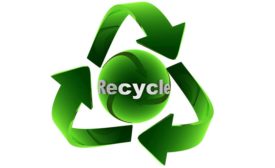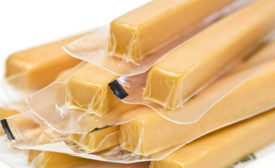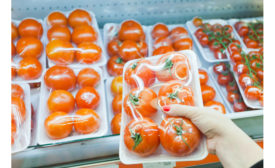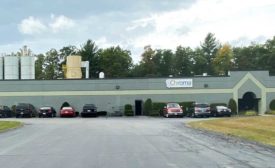Danone, Unilever and others join forces to help tackle plastic waste with BP’s enhanced recycling technology
The consortium intends to combine the capabilities and experience of its members to develop a new circular approach to dealing with PET plastic waste.
Read More



